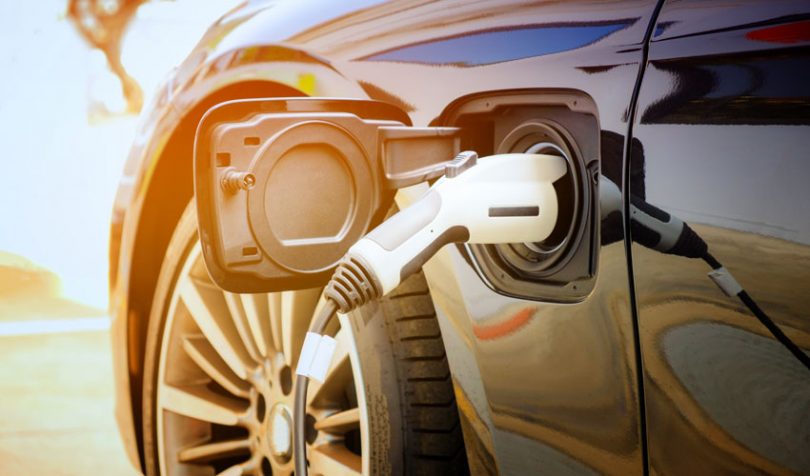On the 14th August, researchers from the University of Waterloo in Canada published a study on blockchain for the electric car charging industry. It outlines how blockchain could provide trust between consumers, energy providers, and property owners.
A relatively new service, there is still a lack of trust in roadside electric charging, the study found. Unlike conventional fuel pumps, the cost is shown digitally, and the provider is rarely a well-known energy firm. Hence, car owners do not know if they are paying the right amount to charge their cars.
“Energy services are increasingly being provided by entities that do not have well-established trust relationships with their customers and partners,” said one of the authors, Christian Gorenflo, a PhD candidate in Waterloo’s Computer Science department.
“In this context, blockchains are a promising approach for replacing a central trusted party, for example, making it possible to implement direct peer-to-peer energy trading,” he explained.
The idea is to store data on a blockchain about the energy consumed and the transactions involved. Therefore, the information would be safe from tampering and accessible by all parties. Essentially, the blockchain would be the single source of trust, which is currently lacking in the industry.
The researchers, computer scientist Prof. Srinivasan Keshav, management scientist Prof. Lukasz Golab, and Gorenflo, collaborated with an unnamed car charging service provider. The study involved the firm installing charging points on properties so that the revenue from car owners would be shared between the service provider and property owner.
To integrate blockchain in such a system, the researchers outlined three steps. First, to identify the parties involved and trust relationships between them. Trust is needed between the service provider, property owner, and vehicle owner.
Secondly, the blockchain solution must be set up with smart contracts with the responsibilities of the parties. Finally, once the system becomes the source of trust, blockchain can be migrated to the larger car charging network over time.
“Mitigating trust issues in EV charging could result in people who have charging stations and even those who just have an outdoor outlet being much more willing to team up with an EV charging service provider resulting in much better coverage of charging stations,” said Gorenflo.
He also hinted at the possibility of Internet of Things (IoT) integration: “In the end, we could even have a system where there is machine-to-machine communication rather than people-to-machine. If an autonomous vehicle needs power, it could detect that and drive to the nearest charging station and communicate on a platform with that charging station for the power.”
There are already several blockchain projects around electric car charging. Last week Omega Grid announced a trial with EDF and the Sacramento Municipality. It aims to coordinate electric vehicle charging with solar power generation.
Bosch and Jaguar Land Rover have separate projects exploring the possibilities.
And in Japan, two carmakers – Toyota and Honda – are looking to use electric car batteries for storing prosumer generated solar power. Honda is collaborating with General Motors under the umbrella of the Mobility Open Blockchain Initiative (MOBI).







